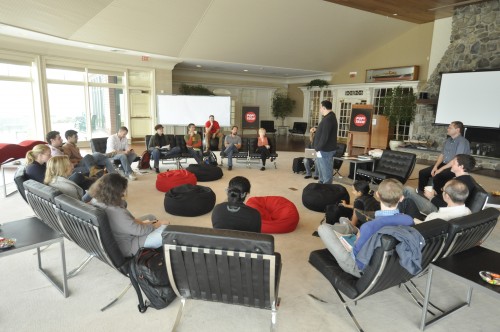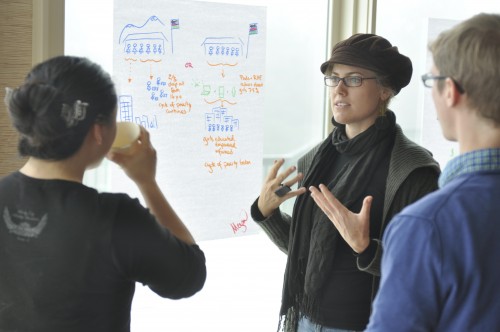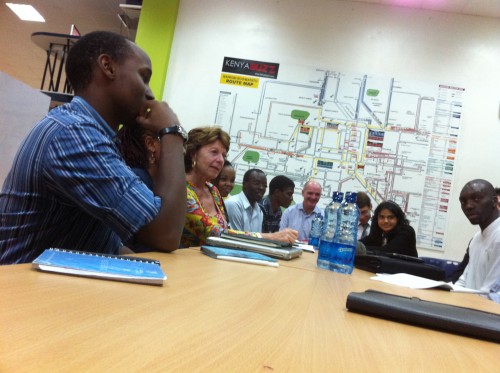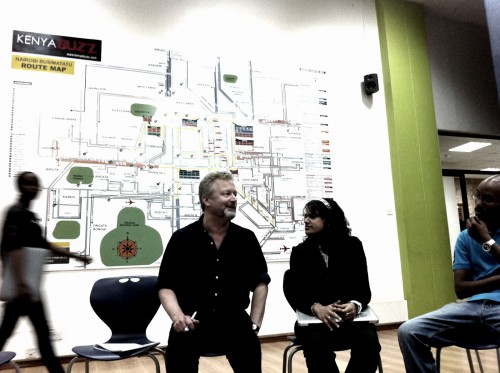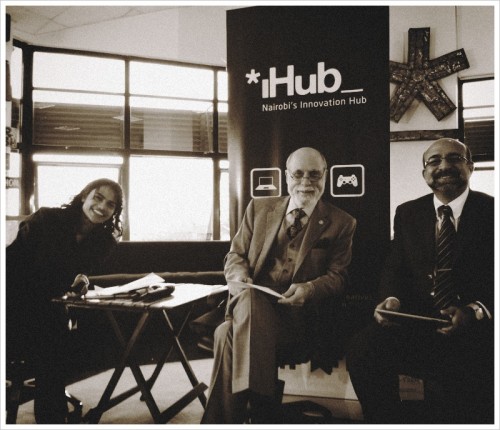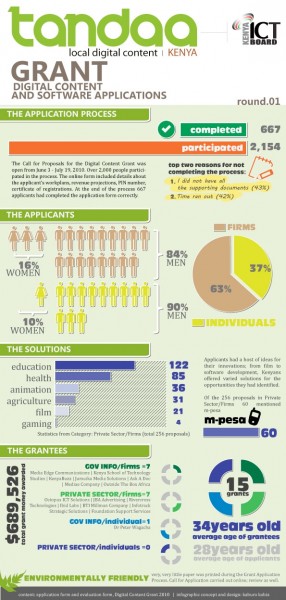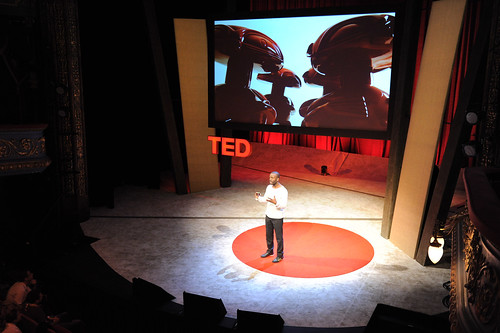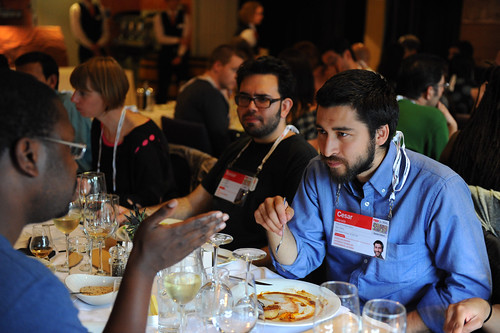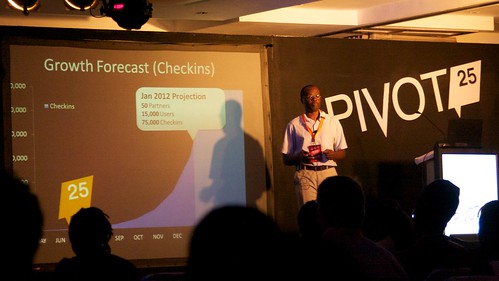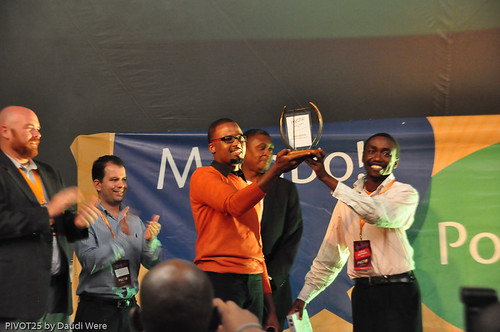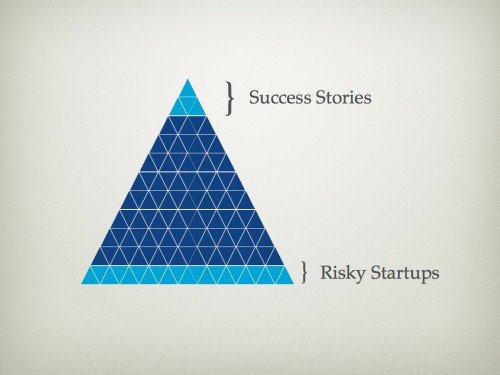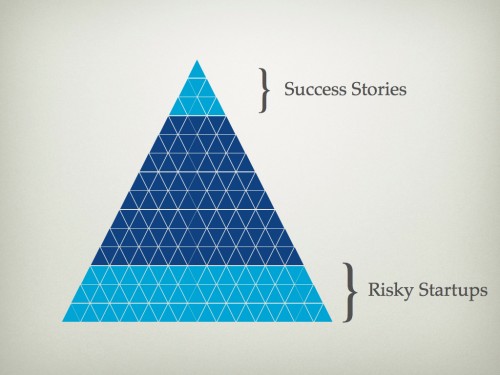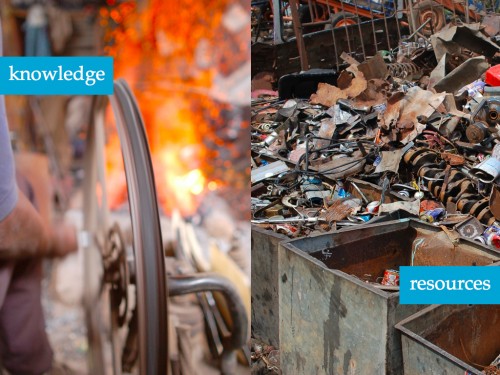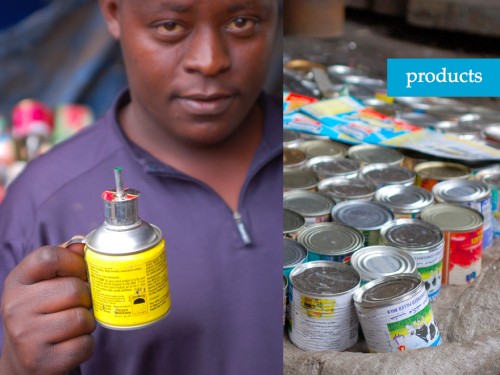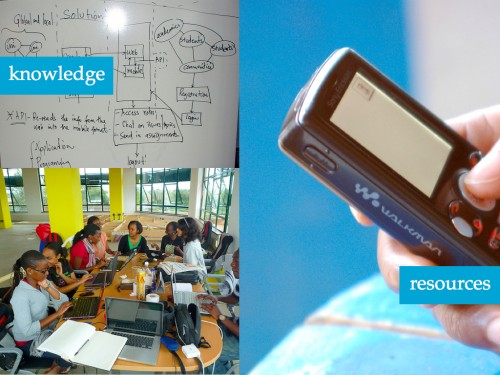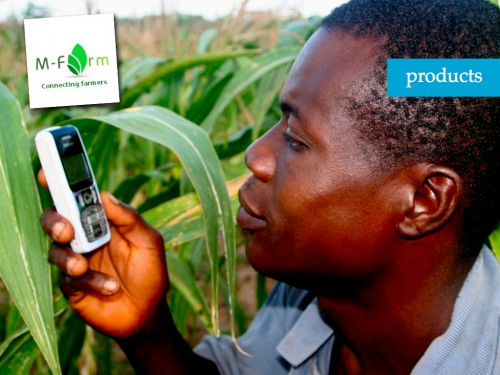I’m back in one of my favorite places in the US: Camden, Maine. Even on a drizzly, rainy day like today you can enjoy the clean air and colorful fall-colored country around you. It’s a week before the PopTech conference kicks off, where we’ll hear from a number of eclectic speakers and have our minds given a true workout once again. (I am speaking at the conference this year during the “Re:think” session.)
PopTech Social Innovation Fellows
With hundreds of applicants from 58 countries, you have to be good to get here. As always, this year of Fellows is impressive and each one has already done something incredible to make it to this stage. We’ve got clean energy entrepreneurs, mini-manufacturing technologists, big data crunchers, girls health innovators and music community engineers. It’s a mess of engaging, driven individuals that remind you why the odd ones in the crowd are the ones that give us hope.
For the Fellows in the program, this is a chance to learn from some of the foremost experts in the field of communication, design, branding, negotiation, strategy and fundraising. The Fellows each get a chance to do a 5-minute talk on the PopTech main stage. Finally, the network that everyone is injected into gives them an amazing opportunity to connect and meet people that can help them realize their projects goals.
PopTech does something very interesting, the conference is the big “annual gathering” of the network. It’s full of great talks, as you’d expect, but you’d be wrong if you thought that was the reason PopTech exists. The organization itself is a catalyst, focused on accelerating ideas that can change the world.
The increased focus of the PopTech leadership on the Social Innovation Fellows, the Science and Policy Fellows and the Accelerator Labs that are put on in cities around the world are proof that their goal is to take all of the energy and resources that a focal point like a conference of their stature brings together, but to then direct that energy like a laser into the people and projects that they think can make a massive impact on the world.
The Fellows program fits into the PopTech organizations focus on finding people creating Innovative tools that impact positive societal change and then bringing them together with communities of stakeholders and other practitioners.
